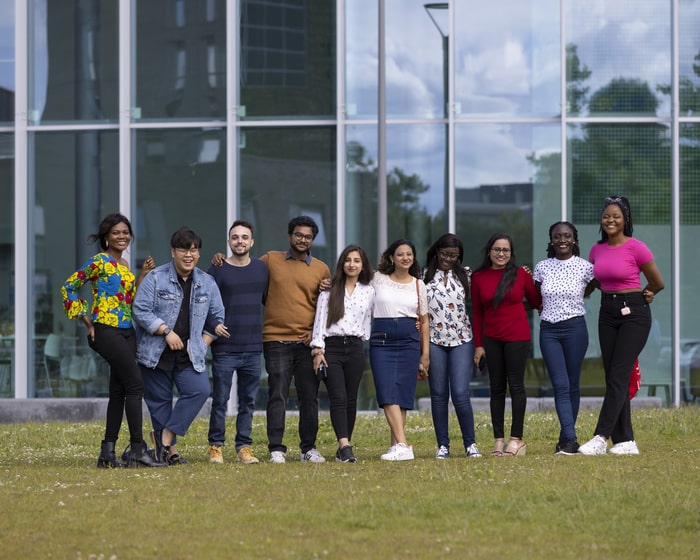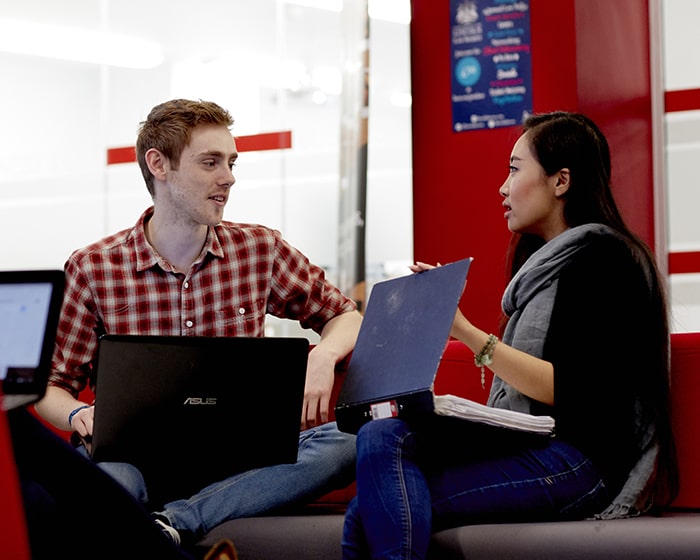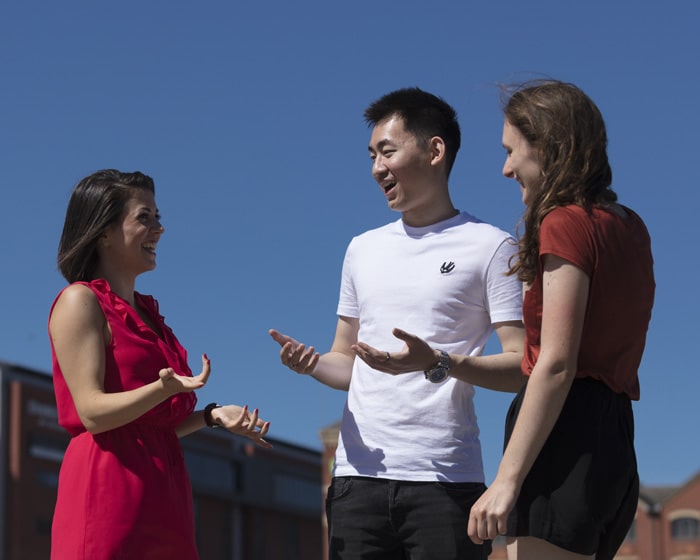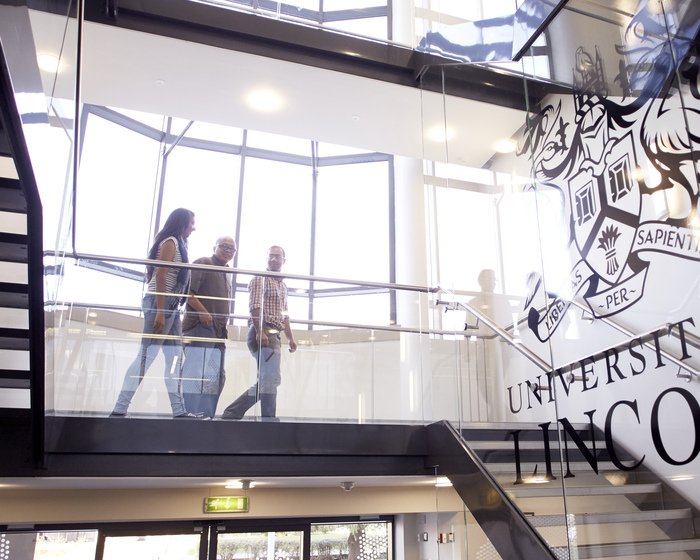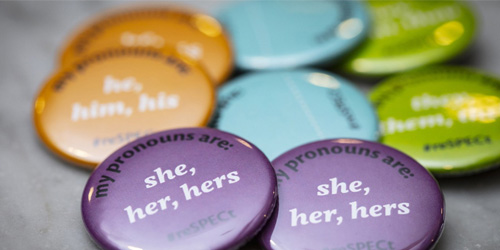In 2012, when we first started to consider how to improve diversity across the institution, it was abundantly clear that we would need to adopt a new approach to effect any change. Over 30 years of significant investment in ‘traditional equality, diversity, and inclusion (EDI)’ failed to create a fully diverse workforce in the UK. From the outset, our guiding principles have been to underpin the practice of EDI with fundamental research, building practitioner–researcher collaborations that ask the questions, developing disruptive and transformative solutions to the inequalities that exist, and developing the mechanisms to measure change and impact. To do that efficiently, we need to all work together through a holistic, systems-based, and coordinated approach across the whole institution.
Ten years on, we have a thriving ─ and I’m proud to say a fully diverse ─ postgraduate research community, with just over half (54%) of our research students from ethnic minority groups, and just under half (47%) of our students are male. We are now building our postgraduate taught provision and developing a series of flexible EDI education modules called microcredentials, which will provide the cornerstone of expert education across the EDI field.
Professor Belinda Colston, Founding Director of the Eleanor Glanville Institute
Evidence, Action, Impact
Our aim is to support and stimulate greater diversity across the University in both staff and students, and research and teaching, to foster a greater sense of belonging for all ─ because belonging improves learning. Our work on reducing the ethnic minority attainment gap, well ahead of the sector, tells us that.
Genuinely exploring different perspectives ─ whether from our culture, our ethnicity, our sex, our sexual orientation, disability, beliefs, or our identity ─ challenges established ideas and enables us to create new insight and make new discoveries. It’s not just who is doing the research that matters, but what research is being done, how the research is being done, who is being talked to, and whose stories are being included.
Our core aims are to:
- Ensure no one is left behind: developing and championing activities, initiatives, and research that aim to 'balance the bias' at all levels of the University.
- Create the evidence base: underpinning our core commitment to facilitate the sustainable development of an inclusive culture across the University and in wider society is the interdisciplinary research that develops our knowledge and understanding of the biases that lead to barriers, and allows mitigation to be developed, tested, and evaluated.
- Influence policy: we specialise in the development and evaluation of EDI strategies and interventions and their impact, both within the University and across the sector, and outcomes of our research inform and influence evidence-based policy and shape best practice both within the UK and internationally.
- Develop a sustainable inclusive culture: building a fully integrated inclusive culture within the operational and core business of the University starts with engagement and awareness raising of different cultures and EDI related issues, embeds inclusion as an underpinning philosophy to our processes and practices, and leads to changing the attitudes and behaviours of our staff and student communities.
EDI Education
The Eleanor Glanville Institute has a growing portfolio of postgraduate short courses and research programmes focused around the varied aspects of equality, diversity, and inclusion (EDI). Understanding the attitudes and behaviours that underpin our culture and define the environments within which we live and work, can help us reduce the inequalities that are so prevalent in societies and communities across the world. With a desire to learn, and an open mind, students can reflect, explore, and further their knowledge and understanding of EDI. The programmes provide the flexibility to tailor a postgraduate journey through the many dimensions of EDI, whether that's through a taught and guided approach, or through engagement with a longer term research project.
EDI Support
One of the main goals of the Institute is to make sure no one is left behind ─ to establish a level playing field for all, develop leaders in a diverse and inclusive environment, and ensure everyone reaches their full potential. To this end, we have developed, through our research, a number of inclusive practice resources to guide and support inclusive cultures, environments and experiences across staff, student, and wider communities. Our funded support programmes for disadvantaged groups are sector leading, and our staff support networks provide staff-led spaces for those in underrepresented groups to meet, and share experiences to help overcome the barriers to success.
Tackling Discrimination
The University of Lincoln is committed to tackling discrimination and hate crime. As part of this commitment, we have made it easy to report discrimination.
Student Reporting Staff Reporting

/prod01/university-of-lincoln-cdn-pxl/media/responsive2017/abouttheuniversity/EGI,Banner.jpg )

